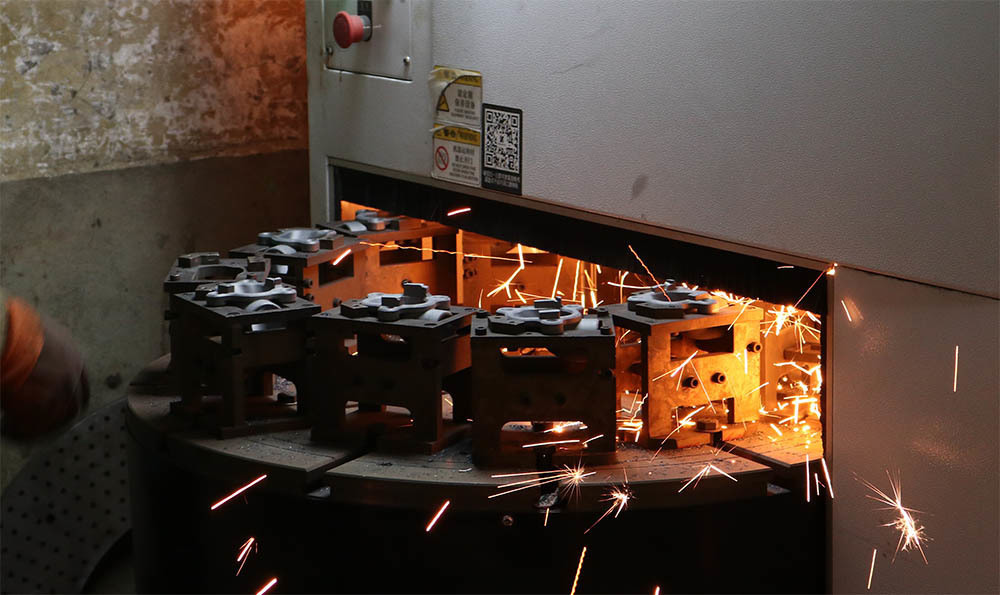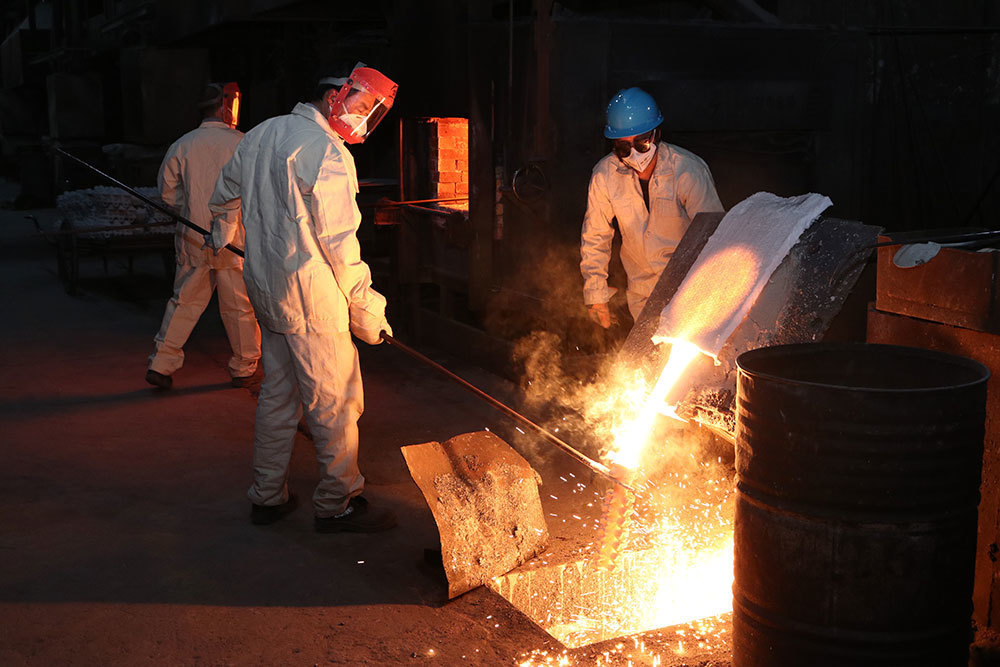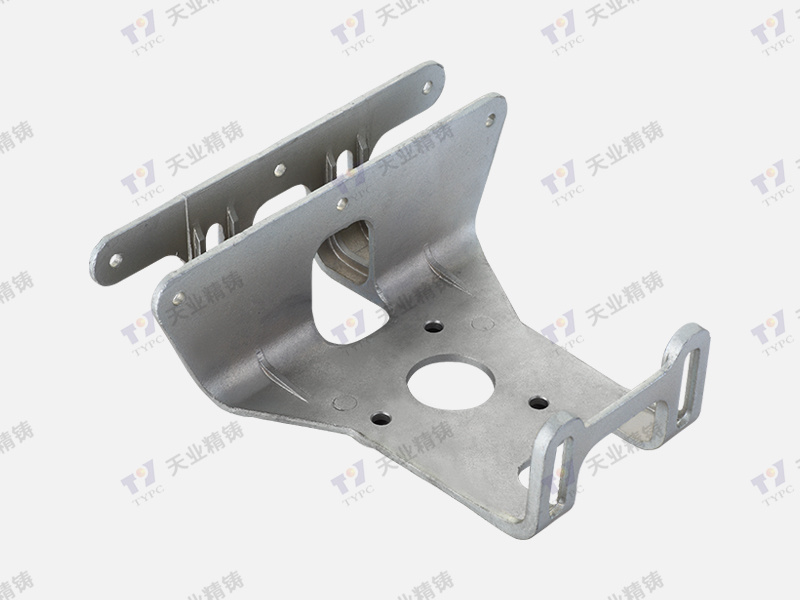2025-04-14
Unlocking the Potential of Automotive Investment Casting in Industrial Applications
Automotive investment casting is a sophisticated manufacturing process that has gained prominence in the industrial equipment sector, particularly in the production of complex components for vehicles and machinery. This method involves pouring molten metal into a precisely designed mold to create intricate shapes that are often difficult to achieve using traditional manufacturing techniques. The unique advantages of automotive investment casting make it a critical process for professionals in the industrial equipment field.
One of the primary benefits of automotive investment casting is its ability to produce highly detailed and accurate components. This precision is essential in the automotive industry, where even minor discrepancies can lead to significant performance issues. With investment casting, manufacturers can create parts with tight tolerances, ensuring that each component fits perfectly within the overall assembly. This level of detail is particularly advantageous for components like engine parts, transmission housings, and suspension systems, where reliability and performance are paramount.
Additionally, automotive investment casting allows for the use of a wide variety of materials, including aluminum, stainless steel, and titanium. This versatility enables manufacturers to select materials that offer the best combination of strength, weight, and corrosion resistance for specific applications. For instance, aluminum castings can significantly reduce vehicle weight, contributing to improved fuel efficiency and performance, while stainless steel components are ideal for applications requiring enhanced durability and resistance to environmental factors.
Another key advantage of this casting process is its efficiency in production. The ability to create multiple complex components in a single casting minimizes material waste and reduces the need for extensive machining. This not only lowers production costs but also accelerates the time-to-market for new automotive parts. By streamlining the manufacturing process, businesses in the industrial equipment sector can respond more quickly to market demands, ensuring they remain competitive.
Moreover, automotive investment casting is also an environmentally friendly process. The reduction of waste and the potential for recycling materials contribute to a more sustainable manufacturing approach. As industries increasingly prioritize sustainability, investment casting aligns well with these goals, making it an attractive option for manufacturers looking to enhance their eco-friendly initiatives.
In conclusion, automotive investment casting represents a powerful tool for professionals in the industrial equipment sector, providing the ability to create high-quality, complex components efficiently and sustainably. By leveraging the advantages of this innovative casting process, companies can meet the growing demands of the automotive industry while maintaining a focus on quality and environmental responsibility. Embracing automotive investment casting could be the key to unlocking new opportunities and driving innovation in your manufacturing operations.
One of the primary benefits of automotive investment casting is its ability to produce highly detailed and accurate components. This precision is essential in the automotive industry, where even minor discrepancies can lead to significant performance issues. With investment casting, manufacturers can create parts with tight tolerances, ensuring that each component fits perfectly within the overall assembly. This level of detail is particularly advantageous for components like engine parts, transmission housings, and suspension systems, where reliability and performance are paramount.
Additionally, automotive investment casting allows for the use of a wide variety of materials, including aluminum, stainless steel, and titanium. This versatility enables manufacturers to select materials that offer the best combination of strength, weight, and corrosion resistance for specific applications. For instance, aluminum castings can significantly reduce vehicle weight, contributing to improved fuel efficiency and performance, while stainless steel components are ideal for applications requiring enhanced durability and resistance to environmental factors.
Another key advantage of this casting process is its efficiency in production. The ability to create multiple complex components in a single casting minimizes material waste and reduces the need for extensive machining. This not only lowers production costs but also accelerates the time-to-market for new automotive parts. By streamlining the manufacturing process, businesses in the industrial equipment sector can respond more quickly to market demands, ensuring they remain competitive.
Moreover, automotive investment casting is also an environmentally friendly process. The reduction of waste and the potential for recycling materials contribute to a more sustainable manufacturing approach. As industries increasingly prioritize sustainability, investment casting aligns well with these goals, making it an attractive option for manufacturers looking to enhance their eco-friendly initiatives.
In conclusion, automotive investment casting represents a powerful tool for professionals in the industrial equipment sector, providing the ability to create high-quality, complex components efficiently and sustainably. By leveraging the advantages of this innovative casting process, companies can meet the growing demands of the automotive industry while maintaining a focus on quality and environmental responsibility. Embracing automotive investment casting could be the key to unlocking new opportunities and driving innovation in your manufacturing operations.









